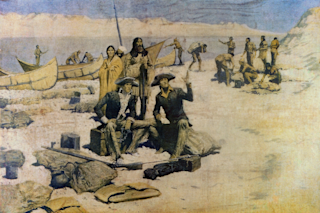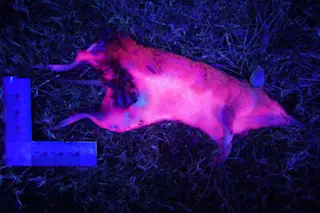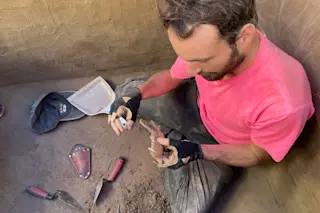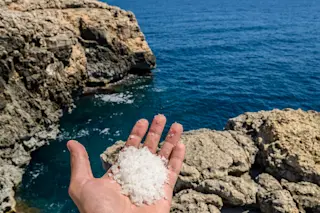In May of 1804, Captain Meriwether Lewis, Lieutenant William Clark and the rest of their 33-member Corps of Discovery began a long trek from St. Louis to the Pacific Ocean. Their goal? To explore the unknown territory and establish trade with the Native Americans.
“There’s something about the psychology of the audacious attempt to cross a continent, when they didn’t even know where they were going,” says Julie Stein, a geoarchaeologist at the University of Washington and executive director of the Burke Museum.
It’s true — the historical journey of Lewis and Clark has captured countless minds for more than 200 years, many of whom wish to reconstruct that journey themselves. To attempt just that, experts and enthusiasts alike rely on the duo’s military guidebook, journals, maps and … poop.
The Corps brought dozens of medicines with them, most of which induced either sweating, vomiting or defecating. Among the most ...














